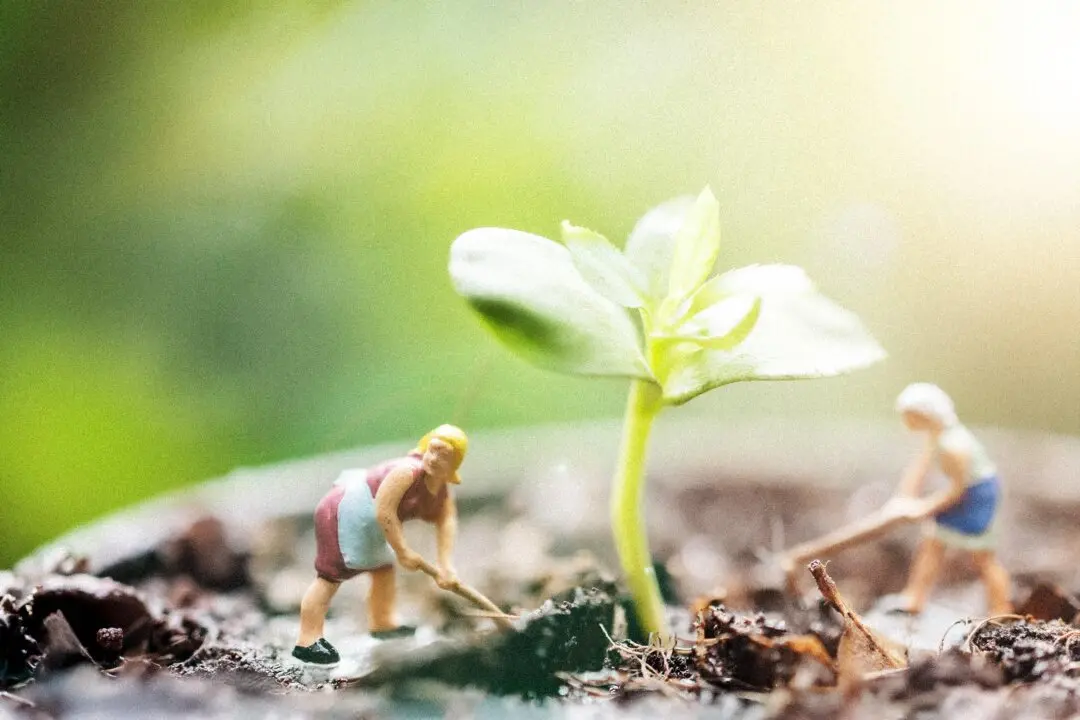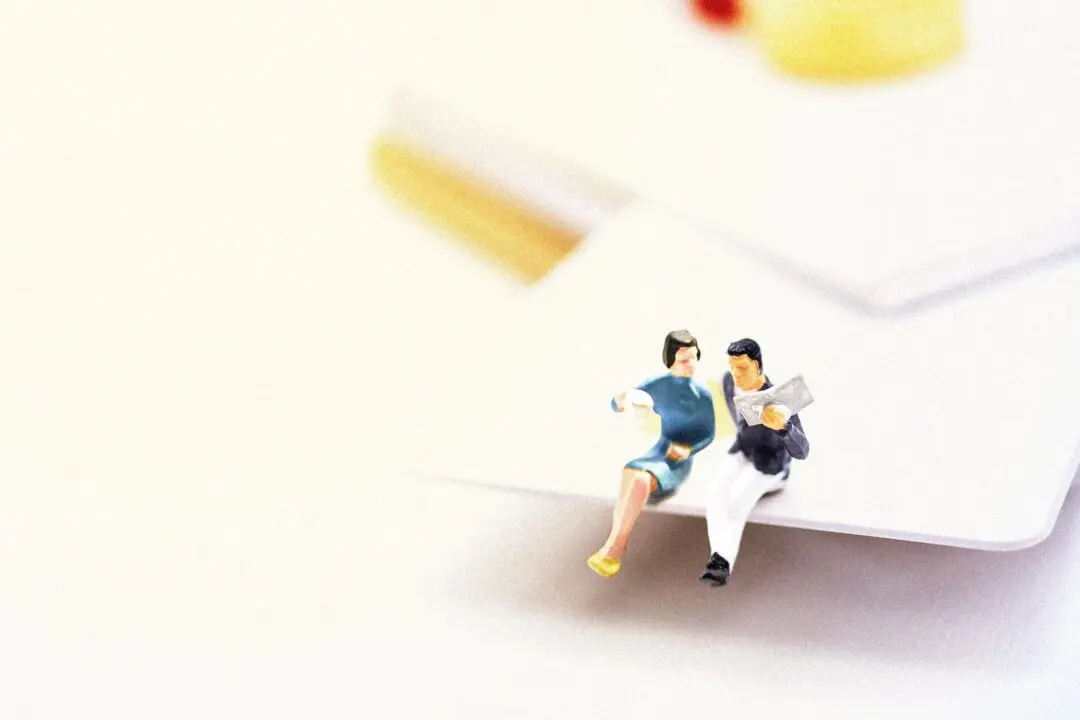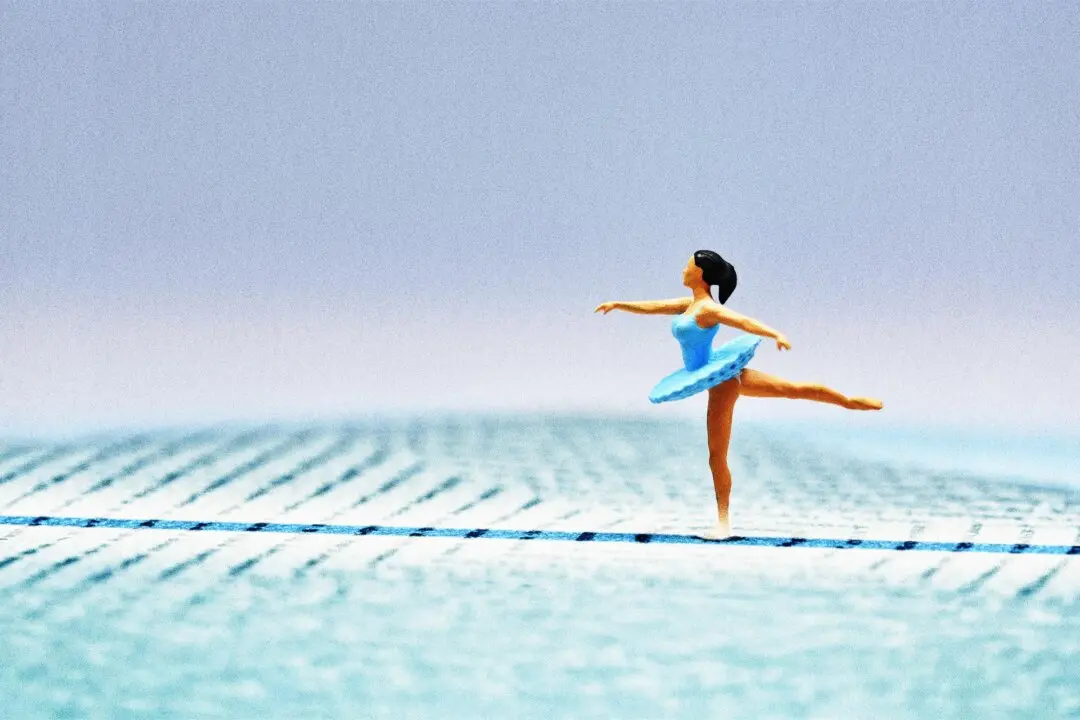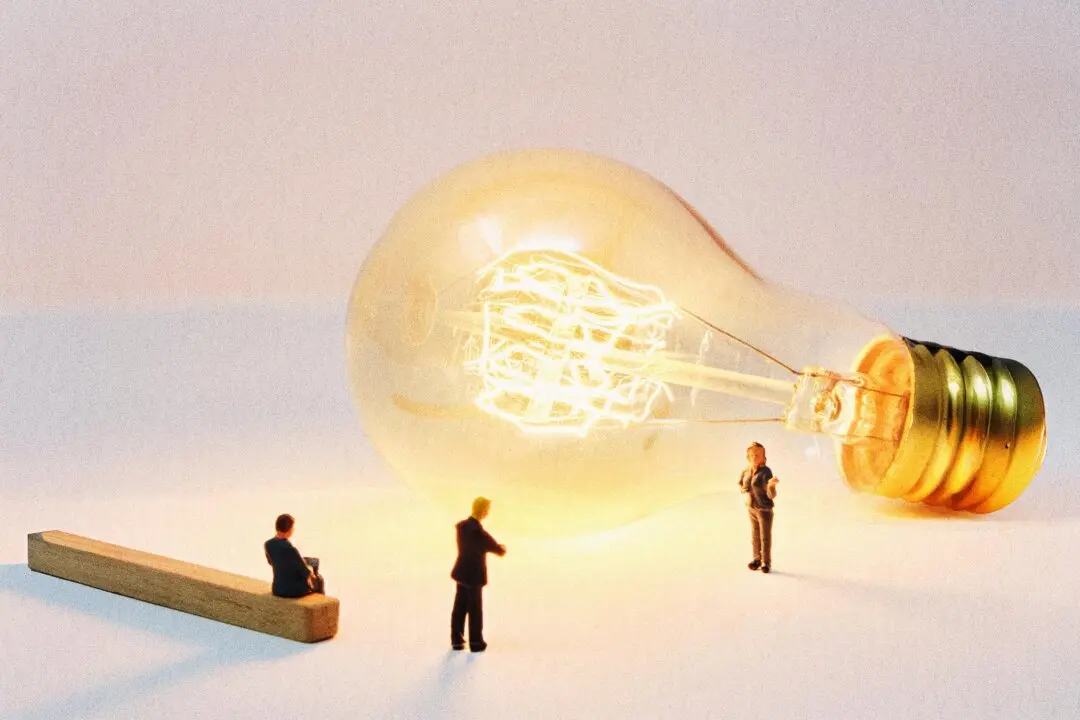Here’s a question worth pondering: Has the internet had an overall positive or negative impact on your life?
As you read and hopefully enjoy this article, take a minute to reflect on all that you appreciate about the internet and its benefits in your life.
- Do you have any favorite blogs that you follow?
- Does the internet help you to keep in touch with distant friends or family?
- How has the internet helped you to save time or money?
- Have you watched any good movies or TV shows lately?
- Do you ever find yourself compulsively checking for emails or news updates?
- Have you ever spent way more time than you expected scrolling on social media or watching videos?
- Has the internet ever fed into any addictions by making them easier to access?






